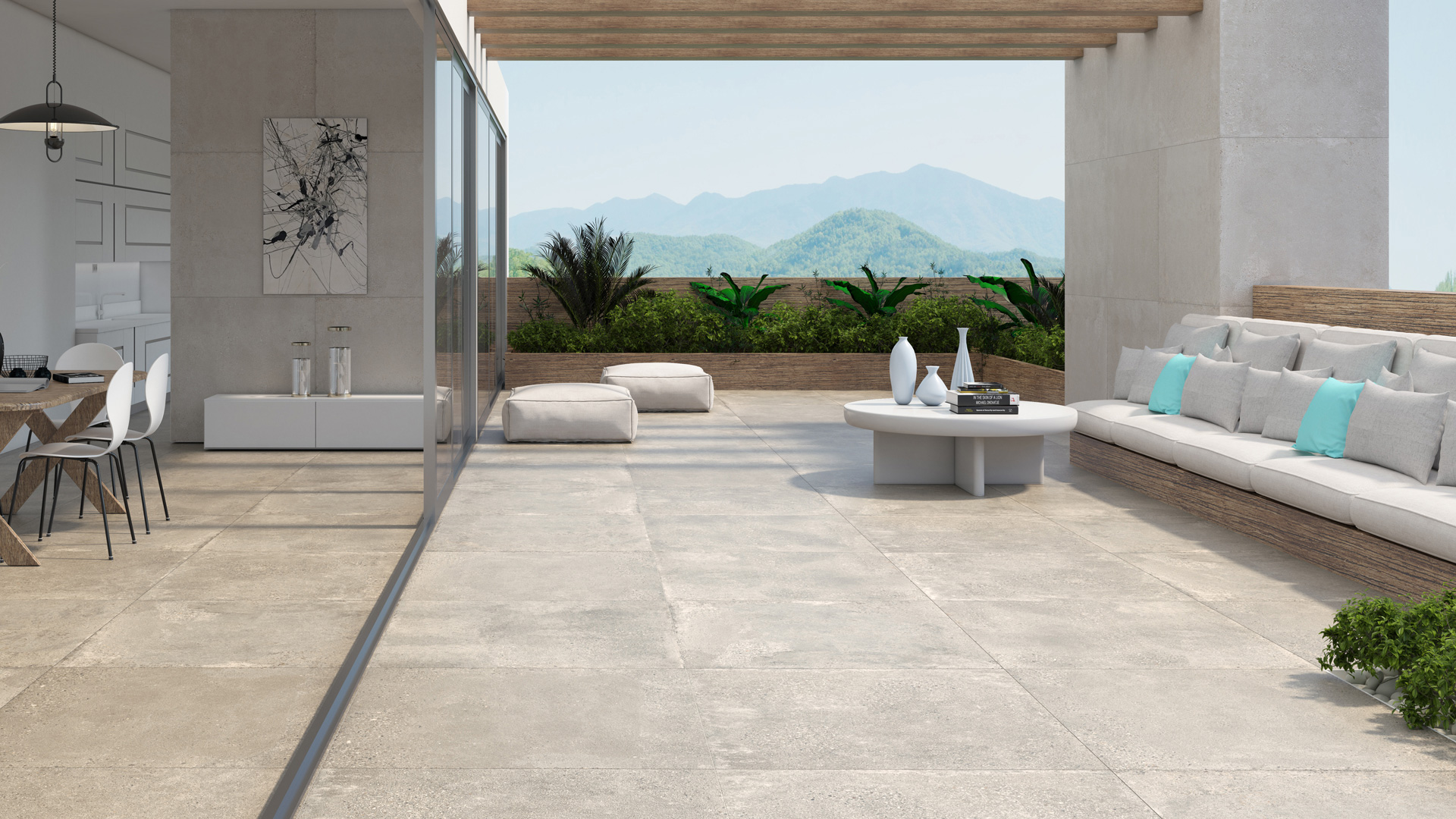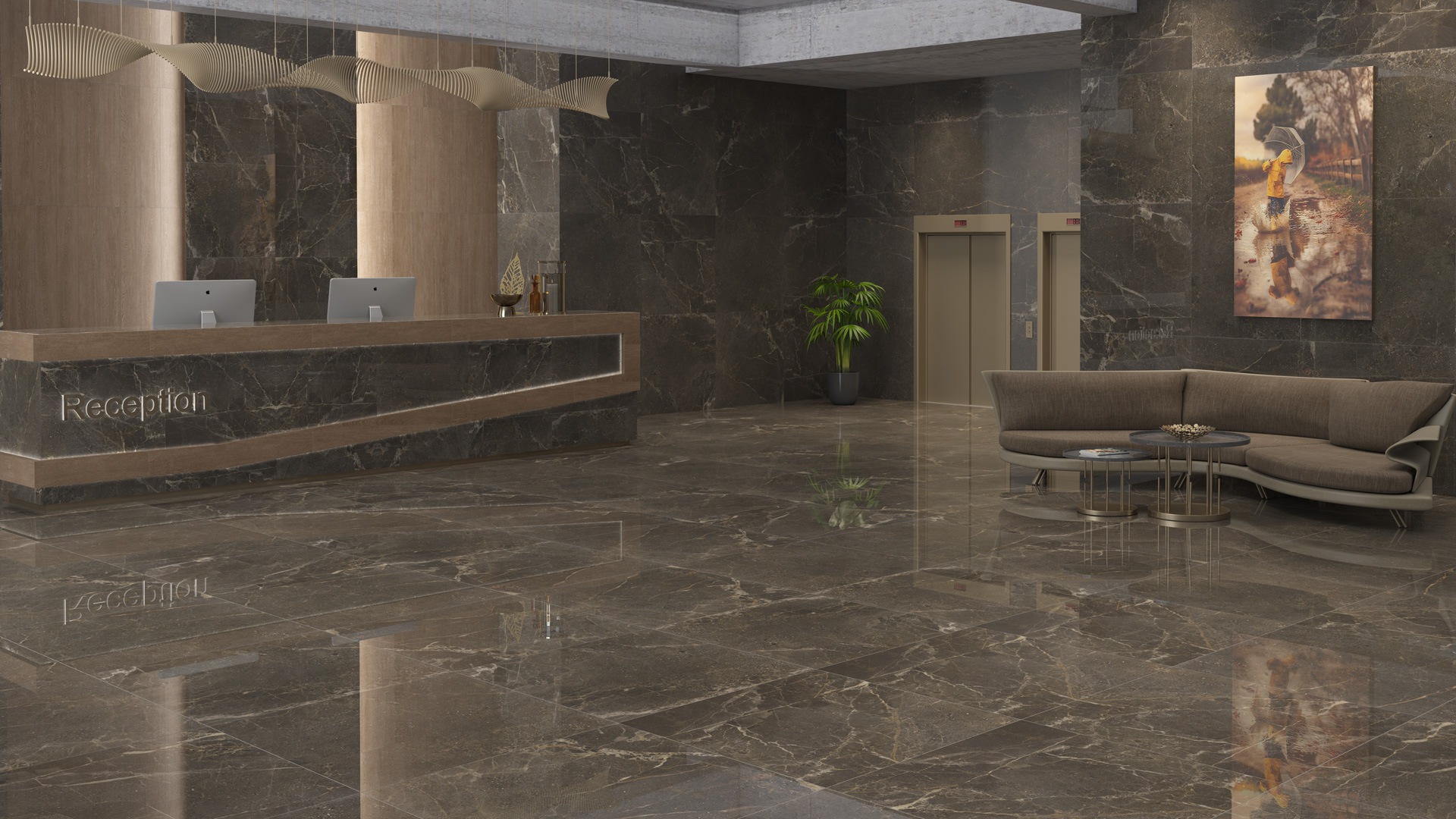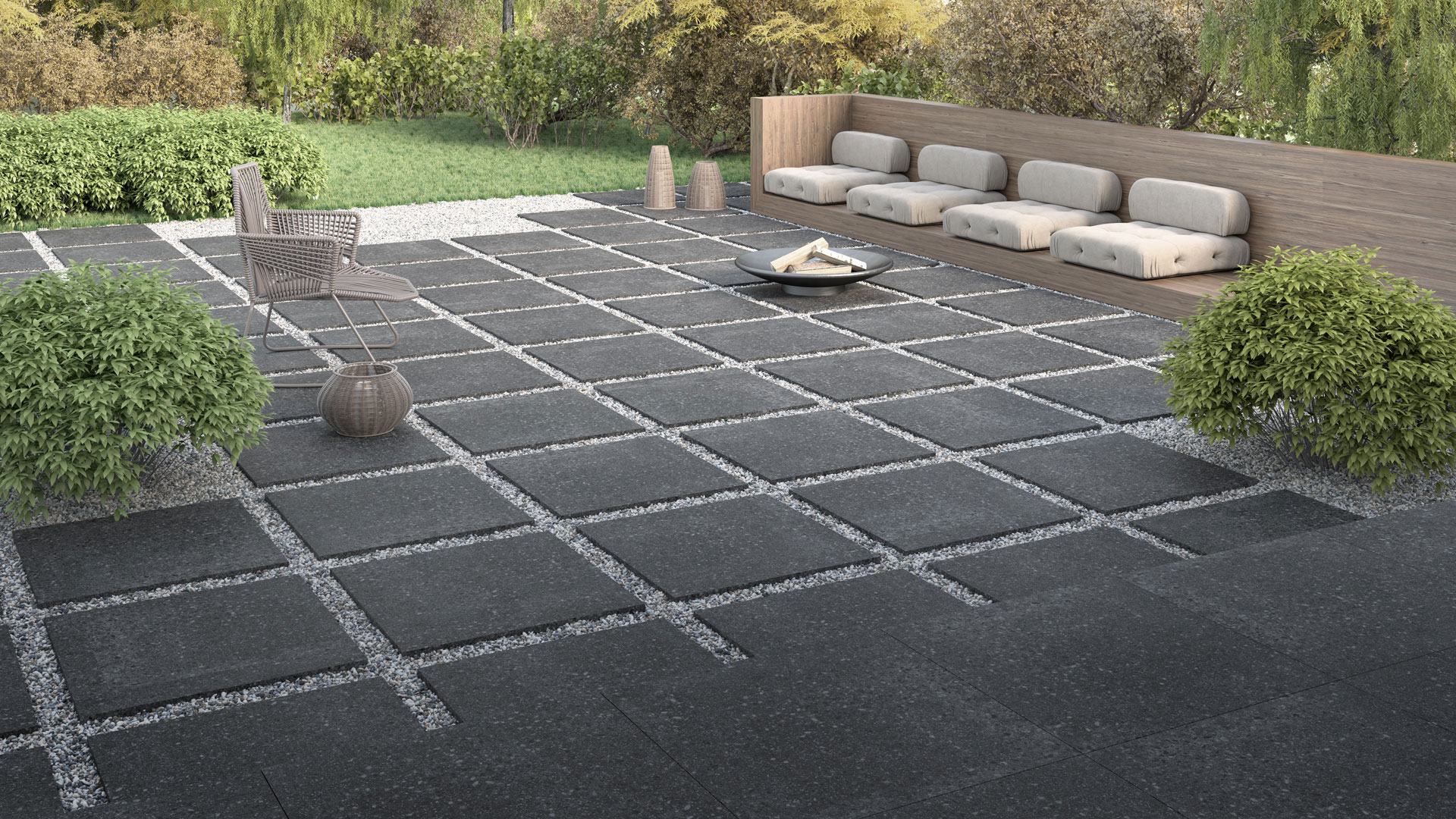What is an anti-acid tile?
Anti-acid tiles are porcelain tiles that are produced using raw materials without iron oxides and by baking at high temperatures. This process melts the raw materials and forms a dense body with water absorption below 0.5%. As a result, the formation of a dense porcelain body brings with it high flexural strength and stiffness, low probability of reaction with chemicals, and ultimately long life in environments that are in contact with acidic or alkaline materials (or corrosive materials in general). .
Anti-acid tiles in Iran are usually produced according to the guidelines of National Standard 3051 of Iran or the relevant ASTM / DIN standards, which confirm the proper performance in acidic / alkaline / chemical environments.
Usages of anti-acid tiles

Anti-acid tiles can be used in a variety of environments that deal with chemicals. Examples of the use of these tiles are as follows:
• Floors of industrial premises that are in contact with corrosive chemicals
• Floors and walls of tanks containing chemicals
• Floors of food factories
• Floors and walls of alkaline battery rooms and control rooms
• Mineral extraction units
• Wall and floor washing and painting environments
Size of anti-acid tiles
Anti-acid tiles can be produced in different sizes, but the common sizes in the global market for these tiles are 30 * 30, 40 * 40 and 60 * 60 cm. The thickness of these tiles can be in the range of 8 to 25 mm. Cayenne tiles have good abrasion resistance as well as aesthetics.






